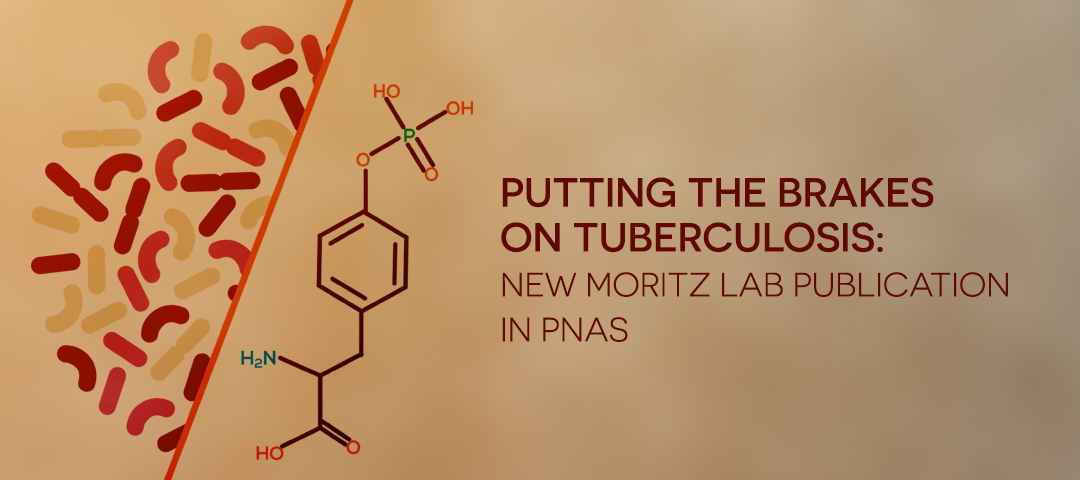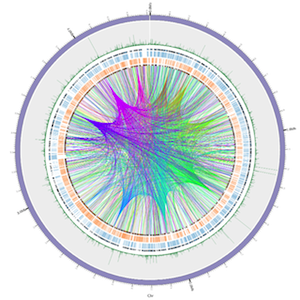On October 1, 2018, The Center for Infectious Disease Research (CIDR) joined Seattle Children’s Research Institute to create a world-class team of researchers working to find viable solutions to infectious diseases that can pose risks to our communities, and disproportionately impact children and those in poverty.
- About
- Omics 4 TB News
Omics 4 TB News
|
Published: 10/01/2018 - 11:39
|
|
Published: 07/21/2017 - 12:22
Data from the Omics4TB project is now included at PATRIC and accessible from the specific workspace. |
|
Published: 04/05/2016 - 14:45
April 11-13, 2016
New York, NY The New York Academy of Medicine |
|
Published: 10/07/2014 - 10:11
|
|
Published: 06/25/2014 - 09:30
Source: ISB Molecular Me |
|
Published: 03/24/2014 - 09:35
You can read the rest here. It may not be marked on your calendar, but today, March 24 is World TB Day , created to remind people of the massive global health problem caused by tuberculosis. On this day in 1882, the brilliant microbiologist Dr. Robert Koch announced his stunning discovery that TB is caused by infection with a bacterium,Mycobacterium tuberculosis. At the time, TB killed one in seven people in Europe and the Americas. Now, 132 years later, TB still kills more people than any other infection save AIDS – and many AIDS patients worldwide actually die of TB. Why does TB continue to rage despite decades of scientific progress, and why am I nonetheless hopeful that great improvements in stopping TB are possible? |
|
Published: 10/16/2013 - 10:46
Despite decades of research on the bacterium that causes tuberculosis (TB), scientists have not had a comprehensive understanding of how the bacterium is wired to adapt to changing conditions in the host. Now, researchers at Stanford University, Seattle BioMed, Boston University and the Broad Institute, Max Planck Institute of Biology in Berlin, Germany, Caprion Proteomics Inc. in Montreal, Canada, Brigham and Woman’s Hospital (Harvard University), and Colorado State University have taken the first steps toward a complete representation of the regulatory network for Mycobacterium tuberculosis. This map of the network of genes that control the TB bacterium will yield unique insights into how the bacteria survive in the host, and how they can be tackled with new drug interventions. The landmark results are published this week in the journal Nature. |
|
Published: 10/16/2013 - 10:43
Seattle BioMed has been awarded a grant from the National Institute of Allergy and Infectious Diseases, part of the National Institutes of Health, that will take a comprehensive systems approach to the problem of tuberculosis (TB) infection, harnessing the power of technology and systems biology to examine the progression from latent infection to disease. |


 Tuberculosis, responsible for nearly two million deaths each year, is caused by the bacterium Mycobacterium tuberculosis (MTB). Researchers from the Institute of Systems Biology in collaboration with Seattle BioMed have undertaken a comprehensive approach centered around the strengths of systems biology to identify adaptive regulatory mechanisms employed by MTB.
Tuberculosis, responsible for nearly two million deaths each year, is caused by the bacterium Mycobacterium tuberculosis (MTB). Researchers from the Institute of Systems Biology in collaboration with Seattle BioMed have undertaken a comprehensive approach centered around the strengths of systems biology to identify adaptive regulatory mechanisms employed by MTB. In a study published in the journal Proceedings of the National Academy of Sciences (PNAS), researchers from the Institute for Systems Biology and Seattle BioMed identified the protein phosphotyrosine post-translational modifications critical to the growth of Mycobacterium tuberculosis (Mtb), a pathogen that causes the highly infectious disease tuberculosis (TB).
In a study published in the journal Proceedings of the National Academy of Sciences (PNAS), researchers from the Institute for Systems Biology and Seattle BioMed identified the protein phosphotyrosine post-translational modifications critical to the growth of Mycobacterium tuberculosis (Mtb), a pathogen that causes the highly infectious disease tuberculosis (TB).  Today, March 24th is World TB Day. Here is an excerpt from the blog David Sherman wrote in
Today, March 24th is World TB Day. Here is an excerpt from the blog David Sherman wrote in